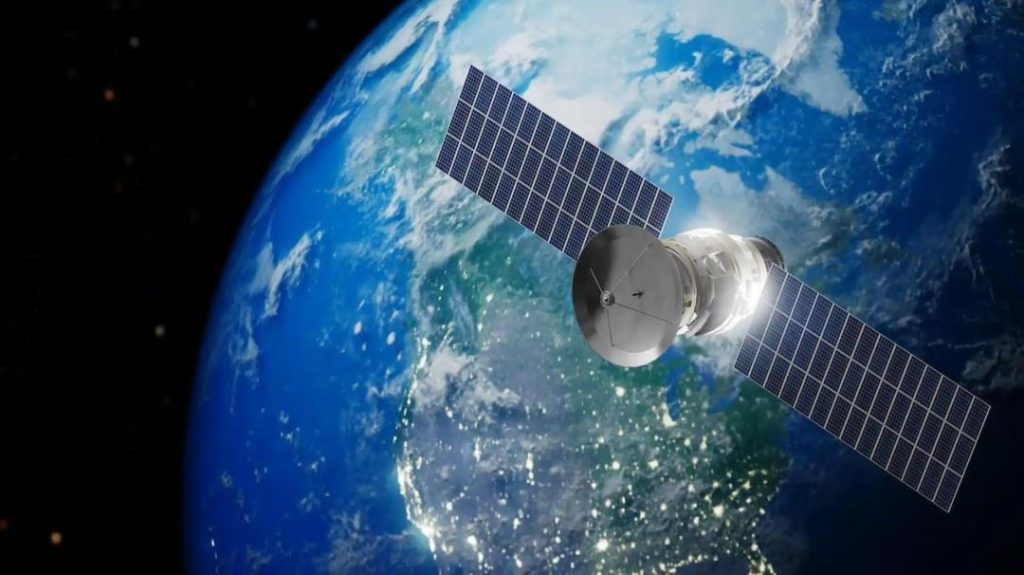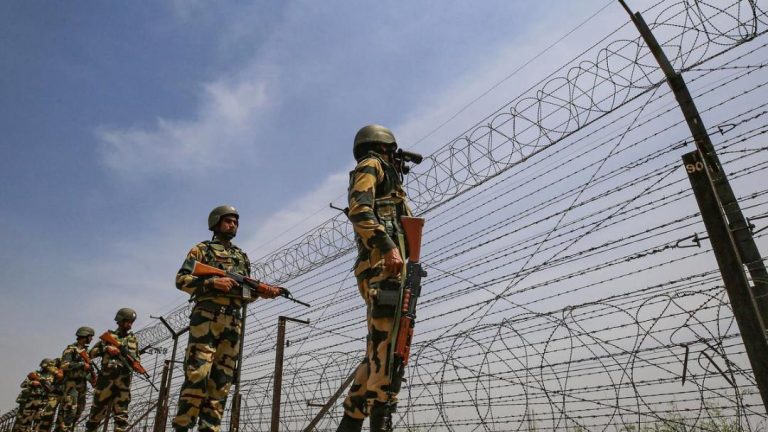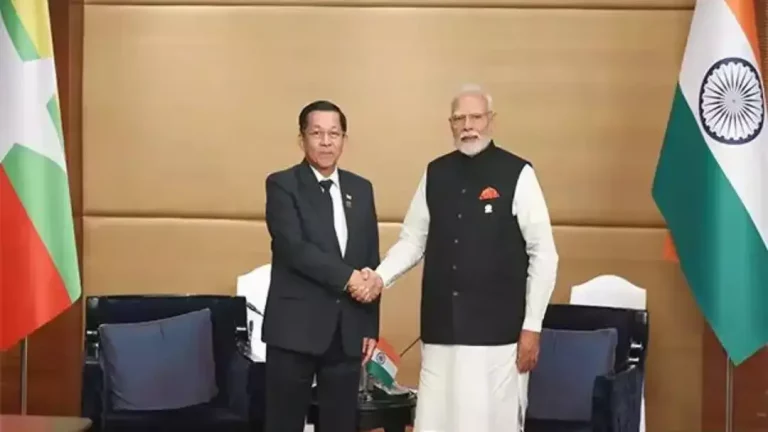
What are Space Pirates & How Can Satellites be Secured from Them?
The concept of piracy is not new, and it has been a significant concern for centuries. However, in recent years, piracy has taken on a new form – space piracy. Space pirates are individuals or groups that attempt to attack man-made satellites either virtually or physically using various methods. These attacks can have severe consequences, including disrupting critical satellite operations, causing financial losses, and compromising national security.
Space pirates can attack satellites in several ways. They can use cyber-attacks to gain unauthorized access to satellite systems, steal data, or disrupt communication signals. They can also use physical attacks, such as launching missiles or other projectiles at satellites to destroy or disable them. Additionally, space pirates can use jamming signals to interfere with satellite communications, causing disruptions to critical services such as navigation, weather forecasting, and telecommunications.
Given the severity of these threats, countries and companies owning satellites must take steps to build multi-layered security systems to protect their assets. This includes incorporating ground-to-space operations, implementing robust cybersecurity measures, and developing strategies for responding to physical attacks.
One of the biggest challenges in securing satellites from space pirates is the vast distance between the Earth and space. This makes it difficult to respond quickly to attacks, as it can take hours or even days for a response team to reach the affected satellite. This is why experts are emphasizing the need for methods of quick space travel to ensure rapid response to physical acts of piracy.
In an interview with Newsbytes, Dr. Lisa Kaltenegger, an astrophysicist at the Max Planck Institute for Astronomy, emphasized the importance of developing faster and more efficient space travel capabilities. “We need to be able to respond quickly to threats to our satellites, whether it’s a physical attack or a cyber-attack,” she said. “To do this, we need to develop methods of quick space travel that can get us to the affected satellite in a matter of hours, not days.”
Dr. Kaltenegger also highlighted the need for international cooperation in addressing the threat of space piracy. “Space piracy is a global problem that requires a global response,” she said. “We need to work together with other countries and organizations to develop standards and protocols for securing satellites and responding to attacks.”
Another expert, Dr. Brian Weeden, a technologist and expert on space security, emphasized the importance of cybersecurity in protecting satellites. “Cybersecurity is a critical component of satellite security,” he said. “We need to make sure that our satellites are protected from cyber-attacks, which can be launched from anywhere in the world.”
Dr. Weeden also highlighted the need for regular updates and maintenance of satellite systems to prevent vulnerabilities from being exploited by space pirates. “Regular updates and maintenance are essential for keeping satellite systems secure,” he said. “We need to stay ahead of the hackers and make sure that our systems are protected from the latest threats.”
In conclusion, space piracy is a growing concern that requires immediate attention and action. Countries and companies owning satellites must take steps to build multi-layered security systems incorporating ground-to-space operations, implement robust cybersecurity measures, and develop strategies for responding to physical attacks. The development of methods of quick space travel and international cooperation are also crucial in addressing this global threat.
News Source:






